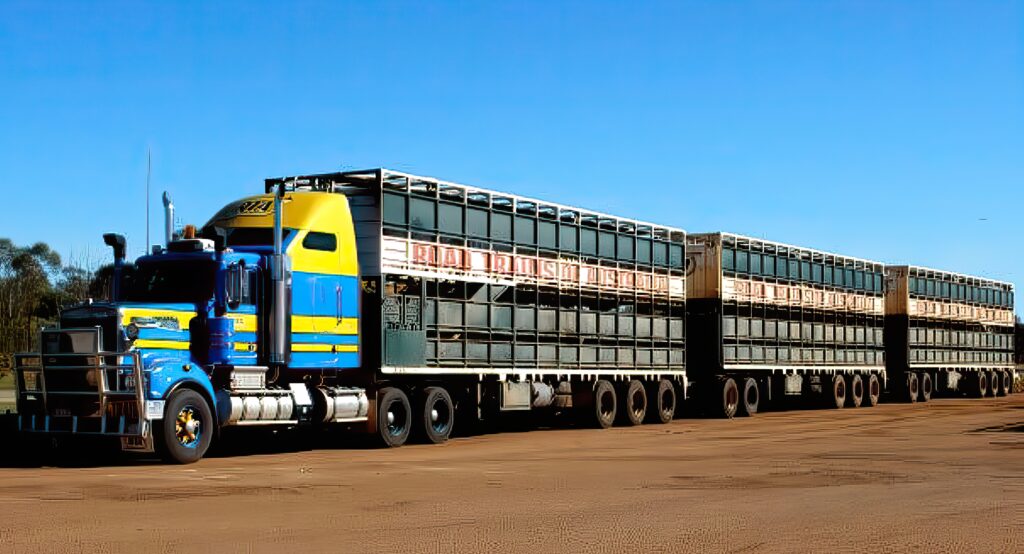
Extra-long trailers, also known as road trains, may be coming soon. Although these multiple trailer semi-trucks are similar to doubles and triples, they are not the same. In this article, we explore why, and outline the pros as well as cons of hauling the unique cargo.
Even Longer than Doubles and Triples
Any seasoned trucker can tell you what it means to drive doubles and triples. Hauling multiple trailers being a tractor requires an extra endorsement for your CDL and comes with an added risk on the job.
A loss of traction in bad weather and additional weight to consider are just some of the reasons that additional trailers means additional concern. And new road trains are pushing the limit of how big truckers can go.
Why Road Trains Are Different
The more trailers get attached to a tractor, the more weight is increased and the more visibility is decreased. And because the last trailer is so far from the cab, drivers would have significantly less time to calculate the impact of new conditions, such as a sudden gust of wind. Due to these dangerous issues, road trains are typically illegal.
In the Australian Outback, however, road trains that span over 175 feet and weigh roughly 400,000 lbs are common. These extra-long combination vehicles are typically used by mining companies in remote areas where the public is not around. And now they may be coming stateside.
North Dakota may introduce extra-long trailers to public highways if a pilot program is passed this year. To get the ball rolling on this project, the length and weight restrictions on big rigs would be removed completely.
The goal is to maximize the amount of freight that can be moved by each driver. With a proclaimed “driver shortage and strict requirements for Hours of Service, a road train allows a single driver even more opportunity to move more freight while using less fuel.
According to State Senator Larry Luick (R-Fairmount), “We have an opportunity to not only move freight more efficiently here, but also safer, and also cleaner for the environment”.
Luick went on to state “We’ve got these tractors that have these huge engines in them, but they aren’t being utilized.”
What This Means For Truckers
Should North Dakota initiate the proposal, semi-truck drivers would be able to haul more cargo in one go. As a result, truck drivers who sign onto road trains may be able to negotiate higher pay. Unfortunately, this comes with added risks on the job, as stated above.
Furthermore, if more efficient road trains become the norm, then the demand for truck drivers would be reduced. Although this is great for logistic companies, the overall impact could result in lower pay and bargaining power for drivers.
Where do you stand? A potential for more efficiency and higher pay? Or is this a dangerous gamble to reduce the need to pay drivers? Would you drive a road train?
